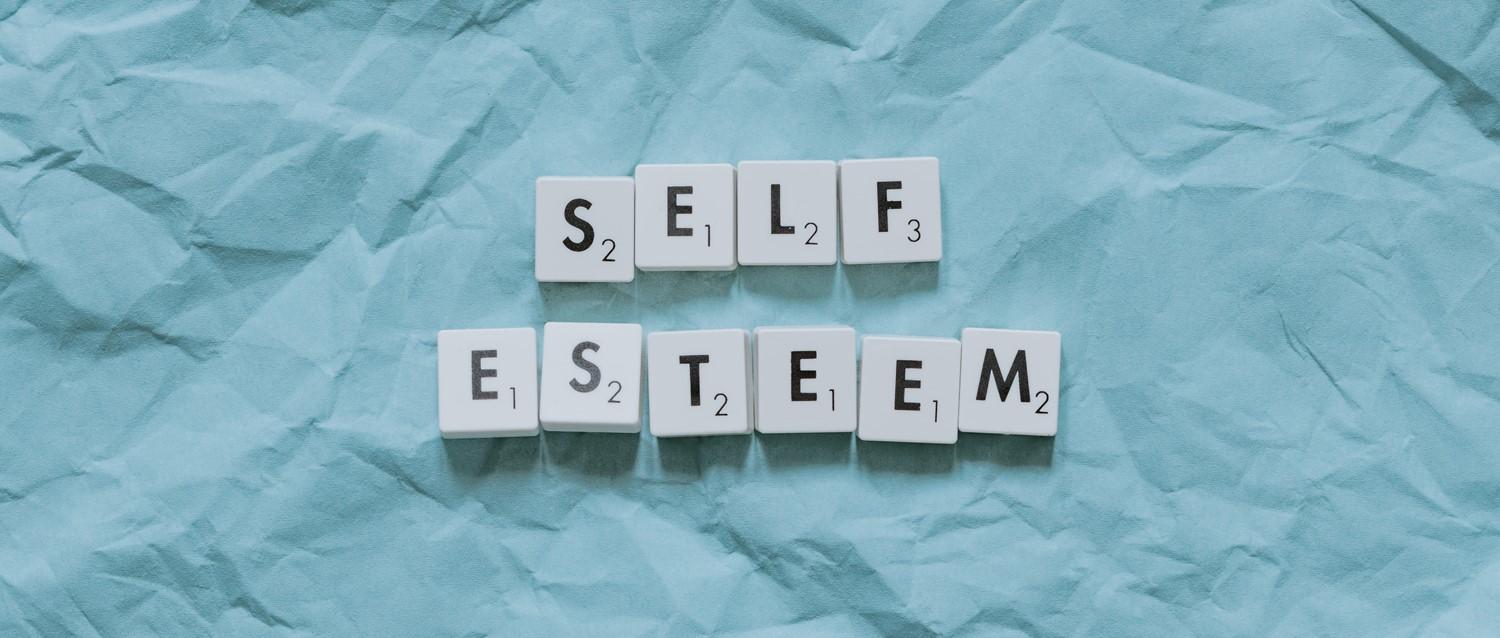
How can grief damage your self-esteem?
Peer reviewed by Dr Sarah Jarvis MBE, FRCGPLast updated by Amberley DavisLast updated 23 Dec 2021
Meets Patient’s editorial guidelines
- DownloadDownload
- Share
- Language
- Discussion
Losing someone close to you brings on intense emotions, and as you cope with grief it's easy to lose your sense of self. This can severely impact your self-esteem, which can affect all areas of your life and make it even more difficult to cope with your loss.
In this article:
There is no such thing as a 'normal' or standard reaction to losing a loved one. Everyone is different, and so each experience of grief is different, including the length of the grieving process.
While processing this loss varies from person to person, there are some key common experiences. The intense emotions caused by bereavement can negatively affect someone's confidence and sense of self-worth - their self-esteem usually suffers.
Continue reading below
How does grief affect self-esteem?
Alivia Rose, psychotherapist and spokesperson for the UK Council for Psychotherapy (UKCP), explains the relationship between grief and self-esteem: "When we are going through grief, emotional stability goes out the window and we lose self-confidence.
"We can feel as if we've lost who we are because of the extremity of the emotions we are feeling. The level of intensity of these emotions - the shock, the anger - can make us feel out of our depth. We lose our sense of self because we no longer recognise ourselves."
Rose describes how people who have experienced grief often cannot believe that they have felt the emotions they have. These emotions often leave people feeling scattered, exhausted and unable to focus or find joy in things they previously could.
The accumulation of these changes can make people feel out of control and out of character. When we seemingly lose traits that we associated with our identity, this dramatically depletes self-esteem. Studies have explored the link between grief and sense of self, and research suggests that grief negatively impacts self-esteem.
Why is good self-esteem important?
Our self-esteem can be defined as the beliefs we hold about ourselves. A person with low self-esteem has a low opinion of themself and and a lack of belief in their own worth. This is closely linked with low confidence, which more specifically describes how a person rates their own abilities and skills.
Having low self-esteem has a big influence on our minds and our actions, causing us stress and holding us back from experiences that could positively influence our health and our lives.
For example, people with low self-esteem:
Have an overly critical inner voice.
Are dismissive of their own abilities.
Can be put off from trying and experiencing new things.
Are unlikely to embrace challenges.
Can be sensitive to criticism from others.
Are more likely to feel nervous in certain 'normal' situations.
While the connection between grief and self-esteem is well-established, it's important to seek support if your self-esteem has been severely knocked by the experience of bereavement. Having low self-esteem isn't a mental health condition in itself; however in the long-term self-esteem issues are linked to depression and anxiety.
Continue reading below
Grief and self-esteem: what can be done?
The best thing you can do is to speak to others. There is no shame in seeking support and to find ways that help make coping with grief a little bit easier. When grief affects your self-esteem, it can be hard to ask for help. You may not feel that you are worthy of help, but the most important thing you can do is recognise good self-esteem as one more thing that grief has taken from you.
If you can recognise the hit that your self-esteem has taken, then you can start to see it as something that can be rebuilt, with a little support and time.
"It's important to speak to someone who understands grief," advises Rose. "They can then help you to understand grief as an emotional wave."
Rose encourages anyone struggling with grief to seek support from a therapist. They can help to landmark the significant stages of the grieving process. Crucially, they can also help to normalise what you're going through, and the emotions you're dealing with.
"Alternatively, speaking to someone who's lost someone themself can also help you to understand grief as a wave of different emotions that will eventually pass," adds Rose.
Having your emotions validated, and realising that what you're experiencing is nothing out of the ordinary, is an important step in rebuilding self-confidence and self-esteem.
Patient picks for Grief

Mental health
Can exercise help with grief?
A bereavement can bring a range of extremely difficult emotions and everyone copes with losing a loved one differently. But for some people, exercise provides a way to face grief and keep moving forwards at a time when it is most challenging.
by Lydia Smith

Mental health
Coping with grief after losing a loved one to lung cancer
Grieving the loss of someone following their death from lung cancer can be a painful process. A lot of complicated emotions often arise, ranging from shock, sadness and anger. It can also take a long time for a loved one's death to feel real, and the healing process following that can take months or even years, as you learn to navigate life in a different way.
by Emily Jane Bashforth
Article history
The information on this page is peer reviewed by qualified clinicians.
23 Dec 2021 | Latest version
23 Dec 2021 | Originally published

Ask, share, connect.
Browse discussions, ask questions, and share experiences across hundreds of health topics.

Feeling unwell?
Assess your symptoms online for free
Sign up to the Patient newsletter
Your weekly dose of clear, trustworthy health advice - written to help you feel informed, confident and in control.
By subscribing you accept our Privacy Policy. You can unsubscribe at any time. We never sell your data.